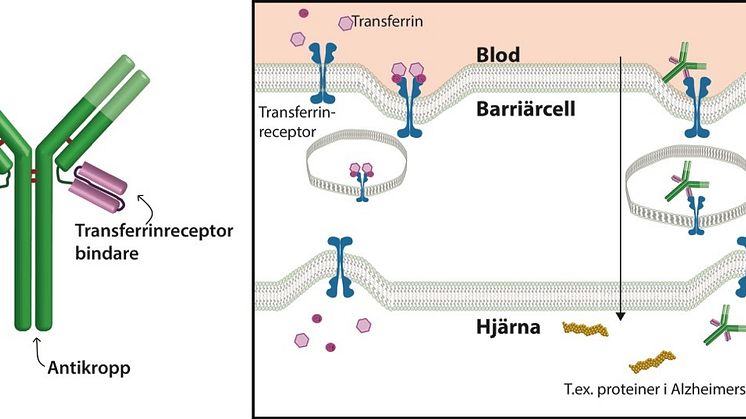Novel open source software for drug combination analysis reveals complex effects of combining clinically used drugs
The effect of combining clinically used drugs for the treatment of colon cancer can vary widely depending on concentrations, ranging from cases where the drugs counteract each other to cases where they reinforce each other. This is the main conclusion from a cell culture analysis in which collected data were analysed using novel open source software developed by Uppsala researchers.

